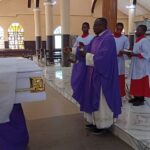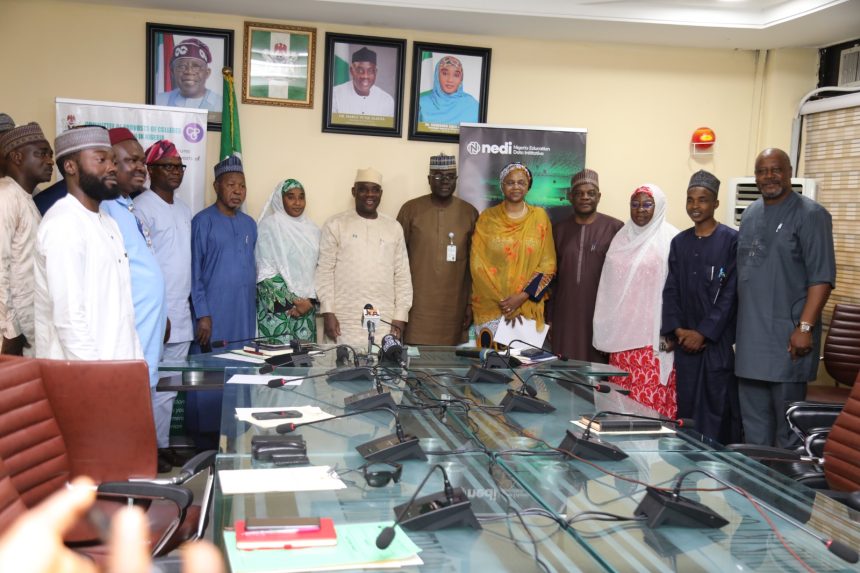The Federal Government says it is set to build eight state-of-the-art medical simulation centres across the country to enhance medical education and training.
The Minister of Education, Dr Tunji Alausa, during the inauguration of a 19-member implementation and monitoring committee, in Abuja on Wednesday, said the committee would oversee the initiative.
Alausa noted that the findings of the ad hoc committee revealed that medical simulation centres were virtually non-existent in Nigerian medical institutions.
To address this gap, Alausa charged the committee to finalise the proposal, ensure compliance with goals and objectives, oversee implementation, and develop quality assurance measures and standard operating procedures.
“Specifically, the terms of reference of the committee are, number one, work on the finalisation of the proposal to set up approved medical simulation centres to create a clear roadmap to the actualisation of simulation centres within the specified time frame.
“Number two, ensure compliance with the goals and objectives of the simulation centre and three, work with selected institutions on the set-up of simulation centres.
“Number four, oversee and monitor the implementation of simulation centres across the country to ensure compliance with expectations and provide project management oversight of the simulation centres,” he said.
Alausa also noted that the establishment of the simulation centres was a crucial step towards achieving the Federal Government’s vision of making Nigeria a hub of medical excellence.
He expressed optimism that the centres would not only improve the quality of medical education but also contribute to the development of the country’s healthcare sector.
He also charged the committee to develop modalities for implementation of other recommendations from the reports submitted by the ad hoc committee on medical simulation.
The minister, who noted that the committee was carefully selected, added that membership of the committee “is one initial appointment of a three-year term, enabled for another three-year term as needed.”
“So, they’ve carefully added additional members. We’re starting with eight simulation centres, which is quite good,” he noted.
He said the committee would also ensure financial sustainability through social mobility models and align medical schools and teaching hospitals.
He emphasised the importance of ensuring that the centres were self-financially sustainable and urged the committee to develop modalities for implementation.
Earlier, the Executive Secretary, Tertiary Education Trust Fund(TETFund), Sonny Echono explained that medical simulation was a cornerstone of modern medical education which was widely adopted in developed countries to train both students and practicing professionals.
“Our universities will greatly benefit from these interventions; they can use the simulation centres not only for training but also as hubs for innovation, developing and testing new medical devices, protocols and training models.
” This initiative will ultimately transform our institutions into living laboratories for healthcare advancement,” he said.
Also speaking, the Chairman, Board of TETFund, Aminu Masari, expressed the hope that with the caliber of members in the committee, they would deliver on the important assignment.
Chairman of the committee, Prof. Wale Sulaiman, pledged the commitment of the committee to work diligently to ensure the successful implementation of the simulation centres.
He emphasised the importance of collaboration and stakeholder engagement in achieving the committee’s objectives. (NAN)












